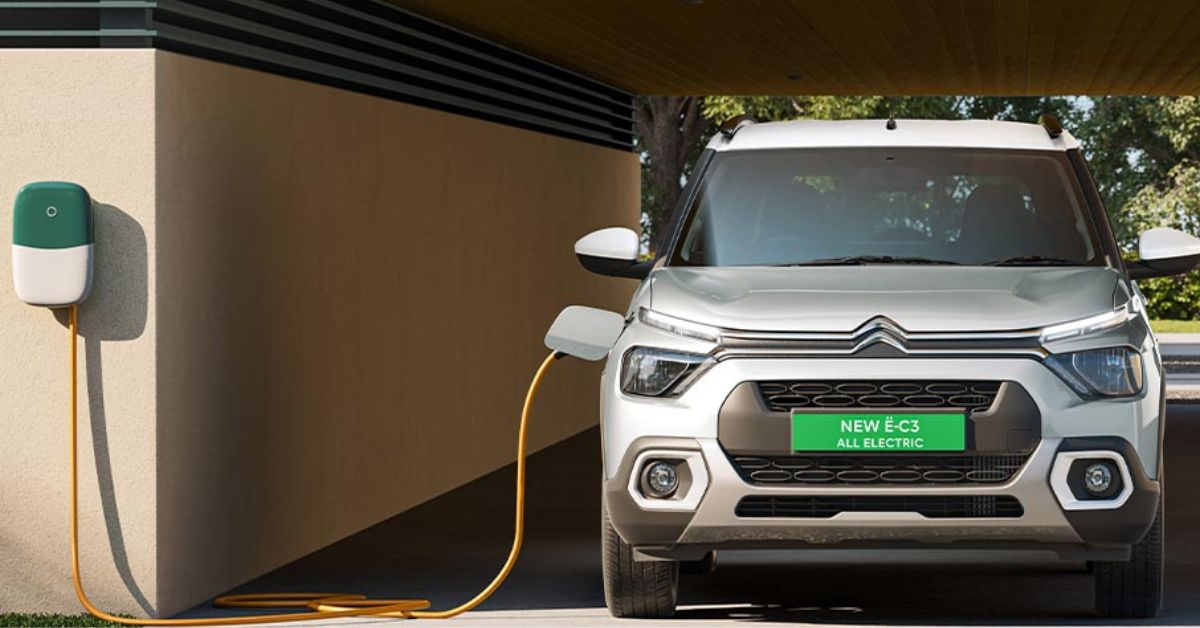The widespread adoption of electric cars is a hot topic around the world. Supporters highlight their many benefits, while critics point out the challenges. Looking at both sides gives a clearer picture—electric cars offer great advantages, but also come with a few important issues that still need to be solved.
Environmental Benefits of Electric Cars
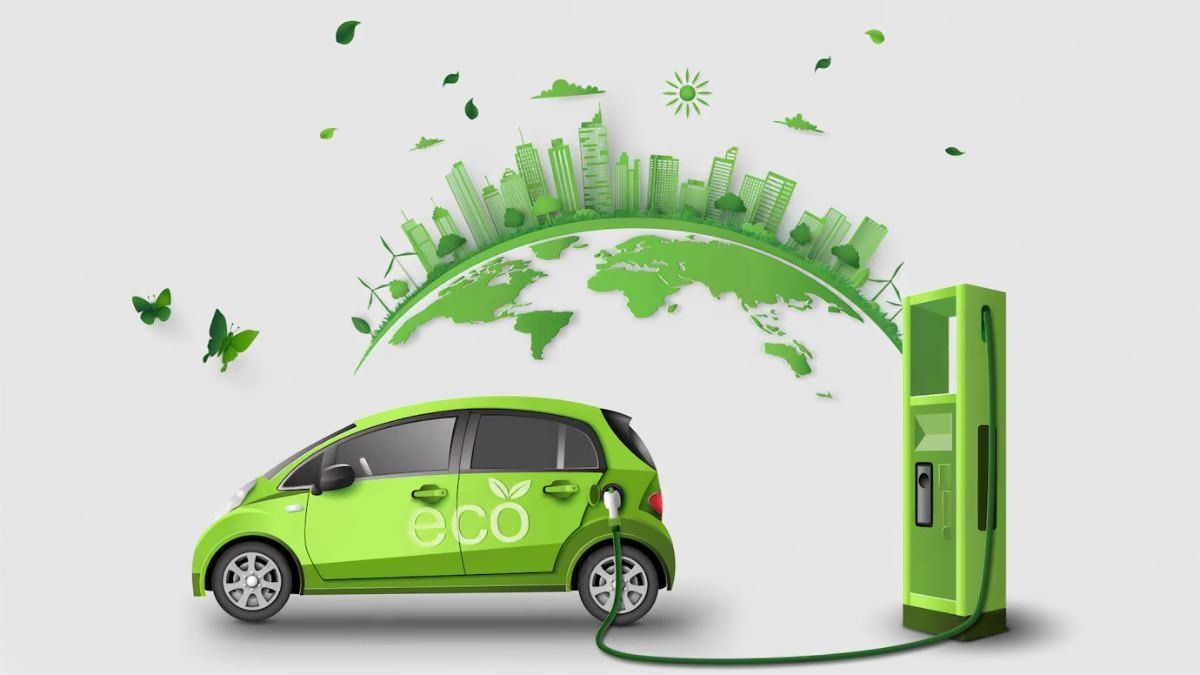
The biggest benefit of electric cars is that they’re much better for the environment, especially as concerns about climate change grow. Unlike traditional cars with internal combustion engines (ICE) that release harmful gases from their exhaust, electric cars don’t produce any tailpipe emissions. This helps reduce air pollution in crowded cities and can lead to better public health.
Even though the electricity used to charge electric cars may still come from fossil fuels, research shows that electric cars still produce fewer emissions overall during their lifetime compared to gasoline-powered vehicles. As more power comes from clean energy sources like solar, wind, and hydropower, electric cars will become even greener. Switching to electric cars also means using less oil, which helps reduce a country’s dependence on fossil fuels and improves energy security.
Financial and Driving Advantages of Electric Cars
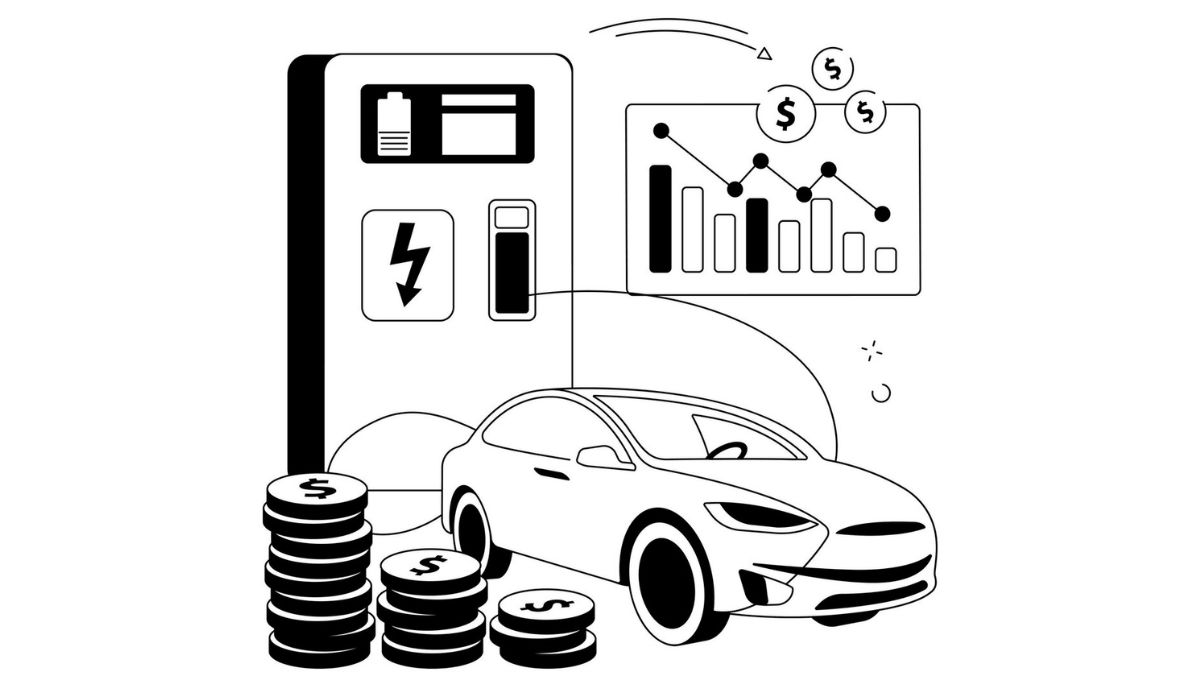
Aside from helping the environment, electric cars can save you a lot of money. Charging an electric car is usually cheaper than filling up a gas tank, especially if you charge at home during off-peak hours. Over time, this adds up to big savings. Maintenance costs are also much lower because electric cars have fewer moving parts. You don’t need oil changes, spark plugs, or many of the regular repairs that come with gasoline engines.
Electric cars also offer a better driving experience for many people. They accelerate quickly and smoothly thanks to instant torque from the electric motor. Plus, they’re much quieter than traditional cars, making your ride more peaceful and comfortable. Features like regenerative braking not only help recharge the battery but also reduce wear on the brakes, which means they last longer and need fewer replacements.
Challenges of Switching to Electric Cars
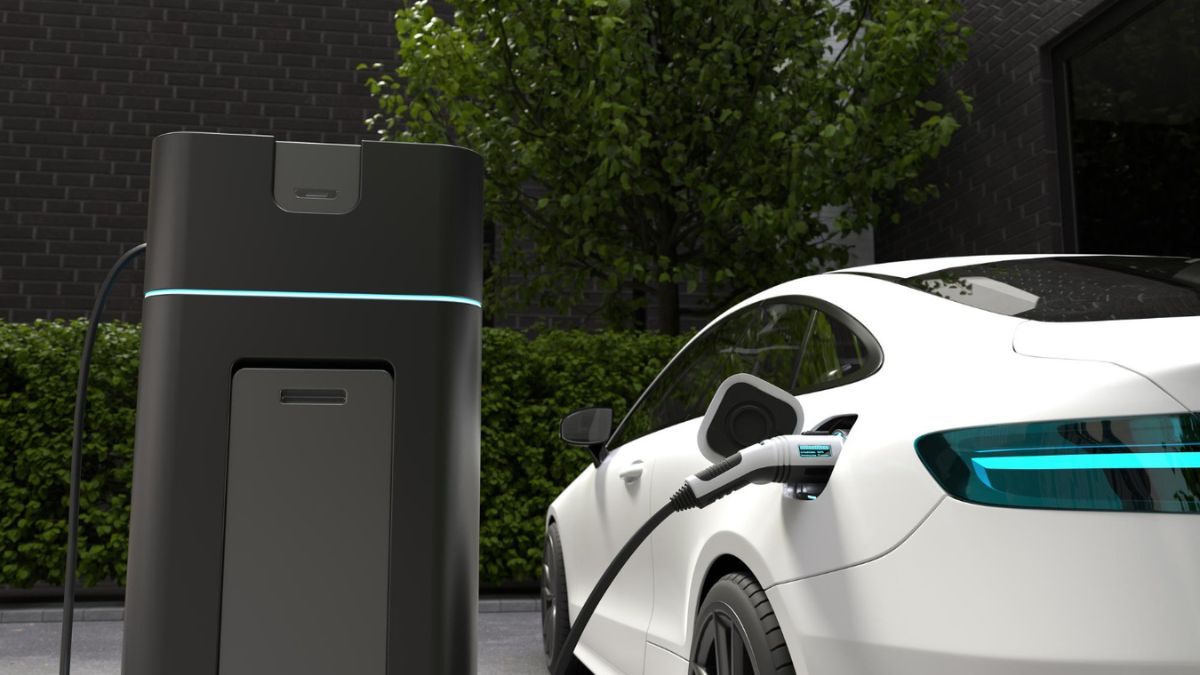
While electric cars have many benefits, there are still some challenges to overcome. One of the biggest worries for drivers is “range anxiety” — the fear that the car might run out of charge before reaching a destination or finding a charging station. Although battery technology is getting better and driving ranges are increasing, charging stations are still not as common or dependable as gas stations.
Taking long trips in an electric car can be tricky, as it requires careful planning to find charging spots along the way. Even with fast chargers, recharging a battery takes much longer than simply filling up a gas tank, which can be inconvenient for some drivers.
High Upfront Costs and Battery Concerns
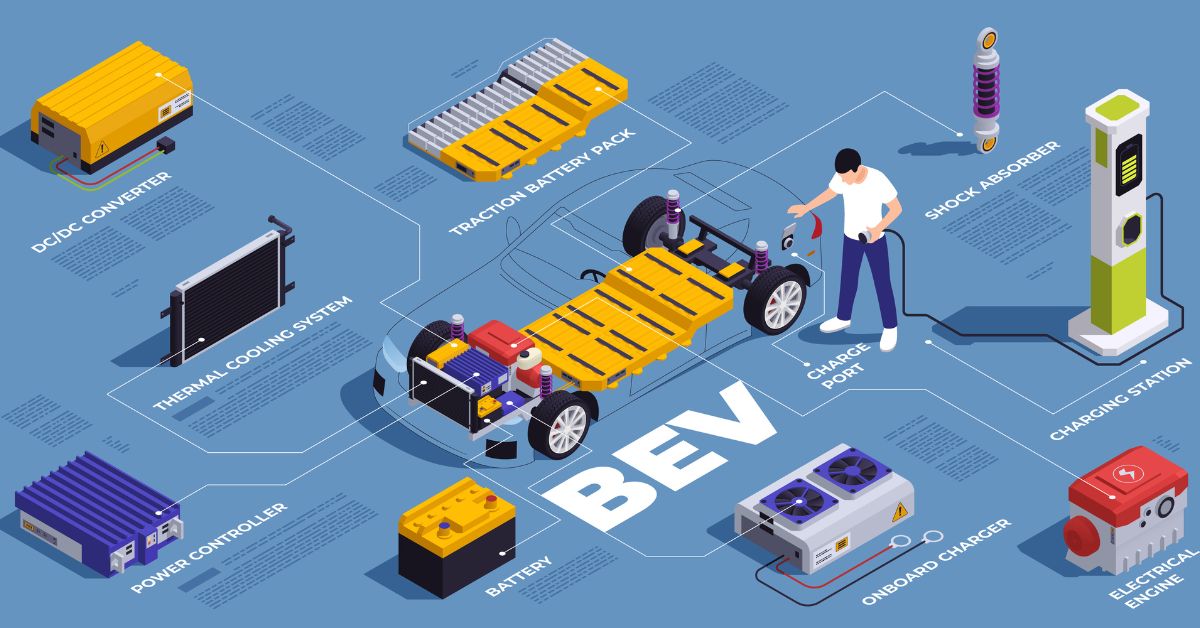
One of the biggest downsides of electric cars is their high upfront price. This is mainly because the batteries and other special parts cost more, making electric cars more expensive than regular fuel-powered ones. Although government discounts and tax benefits can help lower the cost, they still might not be enough for everyone to afford one.
People also worry about the battery itself. Even though most electric cars come with long battery warranties, replacing the battery later on can be very costly. Over time, the battery’s performance can decrease, which not only affects driving range but can also lower the car’s resale value faster than a regular car.
Environmental and Ethical Issues in Battery Production

Making and disposing of electric car batteries brings its own set of problems. Mining for materials like lithium, cobalt, and nickel can harm the environment, and there are serious concerns about unsafe working conditions in some of the places where these materials are mined. Plus, figuring out how to safely dispose of or recycle old batteries is still a big challenge that needs better, long-term solutions.
While new technologies are helping improve battery recycling and reduce environmental harm, this area still needs more progress. The shift to electric vehicles has many positives — like cutting emissions, saving on fuel and maintenance, and offering a smoother ride — but issues like high prices, limited charging options, and battery impact must be solved to make electric transport truly sustainable for the future.

